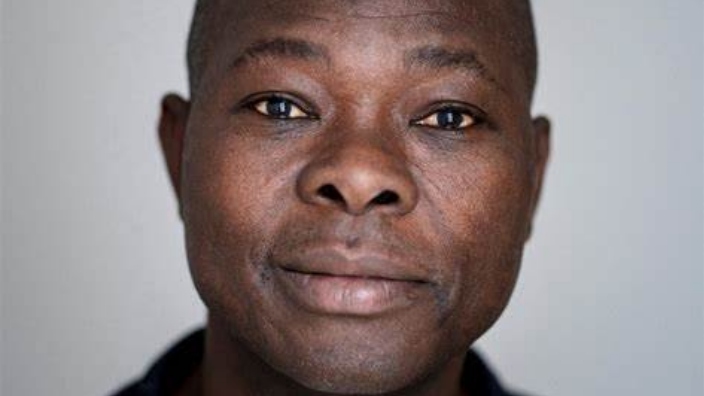Black architect Diébédo Francis Kéré wins top prize for the first time
The work of architect Kéré "feeds the imagination with an afro-futurist vision," according to his firm's website.
Earlier this week, Diébédo Francis Kéré was awarded the prestigious Pritzker Architecture Prize, making him the first Black architect to win in its 40-year history, according to NPR.
According to the endowing organization’s website, the award is the highest professional honor that an architect can receive — and has been called “architecture’s Nobel” prize.
Founded by the Pritzker family, who run Hyatt hotels around the world, the honor gives its recipients $100,000 and a bronze medallion.

Kéré, who hails from Burkina Faso, went to Germany in the 1980s to study carpentry. He eventually enrolled in school there and became an architect. He started Kéré Architecture in 2005, with a focus on “design excellence and social commitment.”
His company has built sustainable educational buildings and housing for doctors and teachers in his home nation and has executed stunning designs in other countries in Western Africa and Europe.
Kéré uses local materials and draws light into spaces through his designs, which include the National Museum of African American History and Culture in Washington, D.C. and the Nobel Peace Center in Oslo, Norway.
He told NPR that when he was young and sitting inside a very hot, dark school room, he thought about how “there was no light, while outside, the sunlight was abundant, and in my head, I think, the idea one day grew [that] as an adult, I should make it better. I was thinking about space, about room, about how I can feel better.”
Now, Kéré uses his environment as inspiration as opposed to a hindrance, and his firm creates “contemporary architecture that feeds the imagination with an afro-futurist vision.”
Its website also boasts it is “informed by tradition” and employs the “innovative use of local resources and participatory design methods.”
“I was born in Burkina Faso, in this little village where there was no school,” Kéré said. “And my father wanted me to learn how to read and write very simply because then I could then translate or read him his letters.”
He has worked on at least seven school-related projects in Burkina Faso, according to tagged work on kerearchitecture.com.
TheGrio is now on your TV via Apple TV, Amazon Fire, Roku, and Android TV. Also, please download theGrio mobile apps today!
